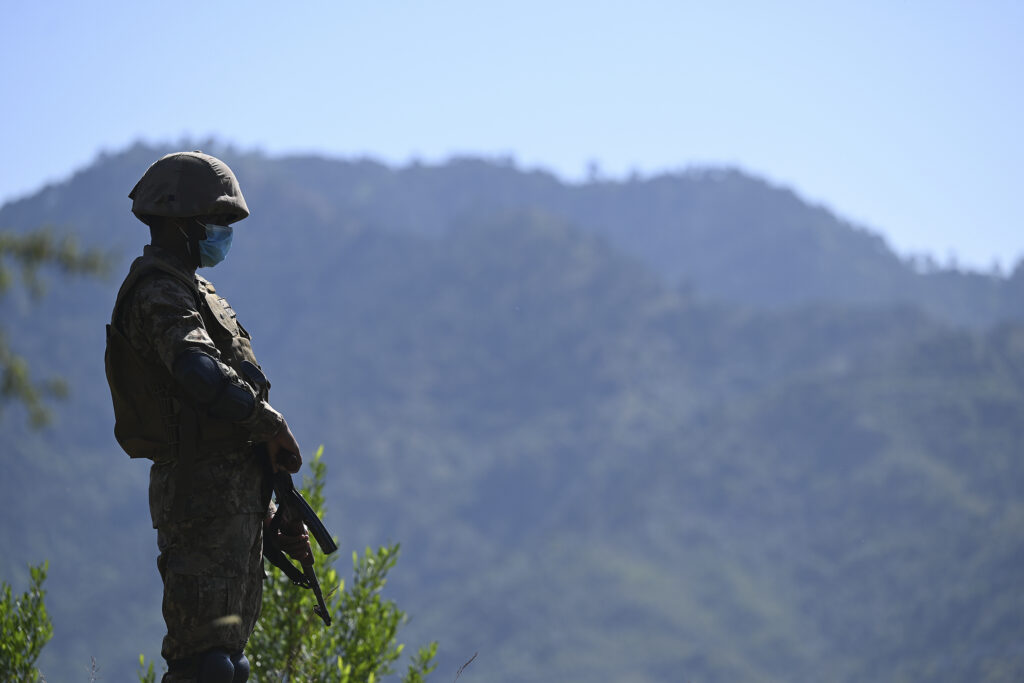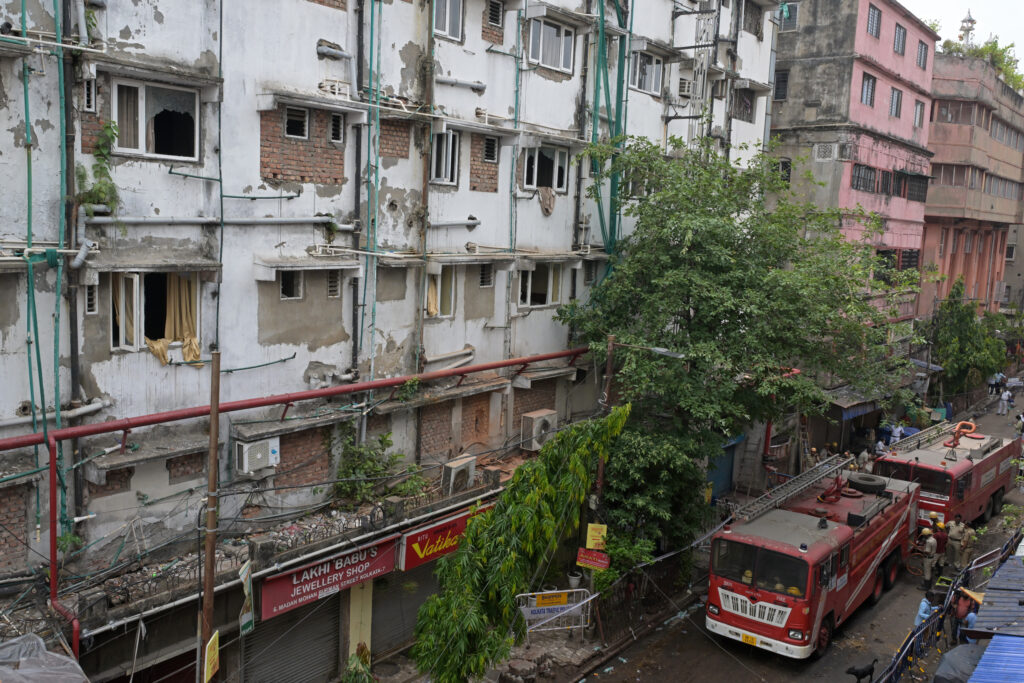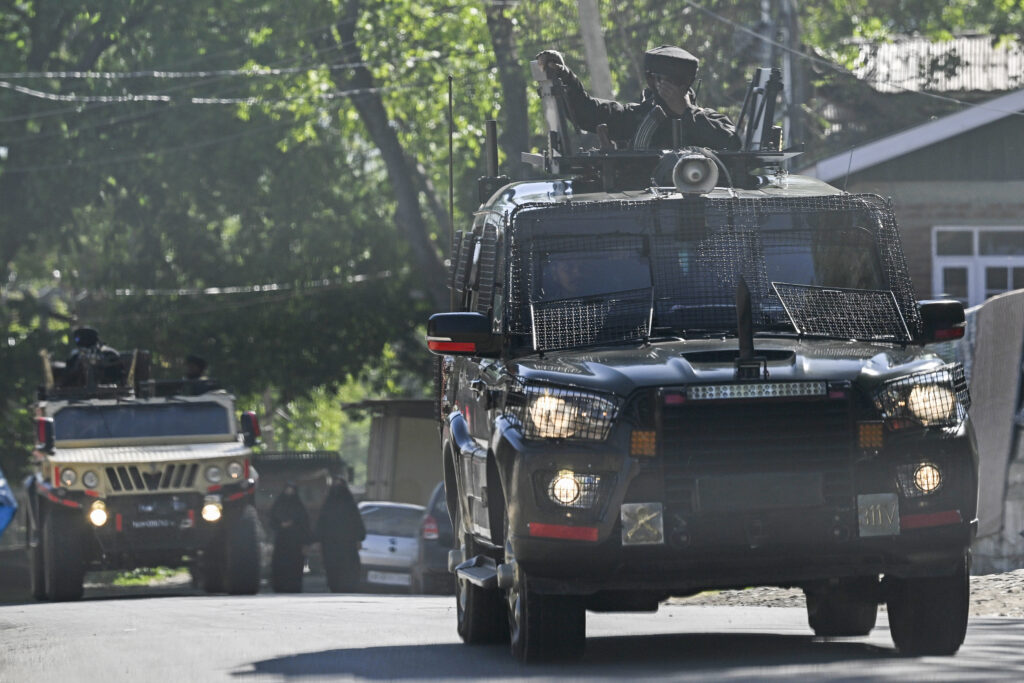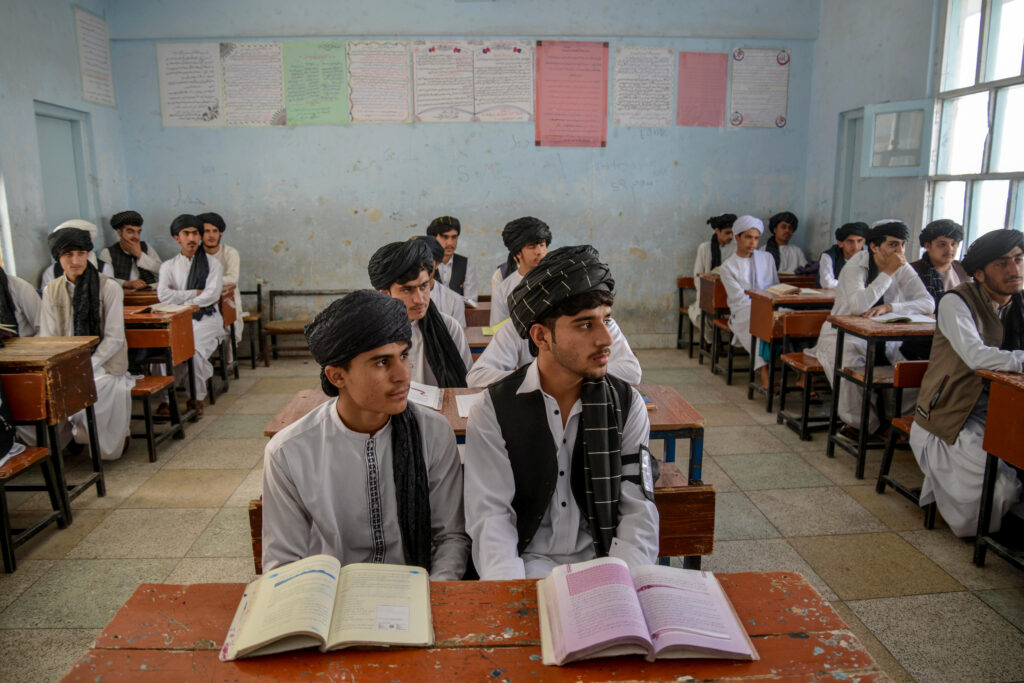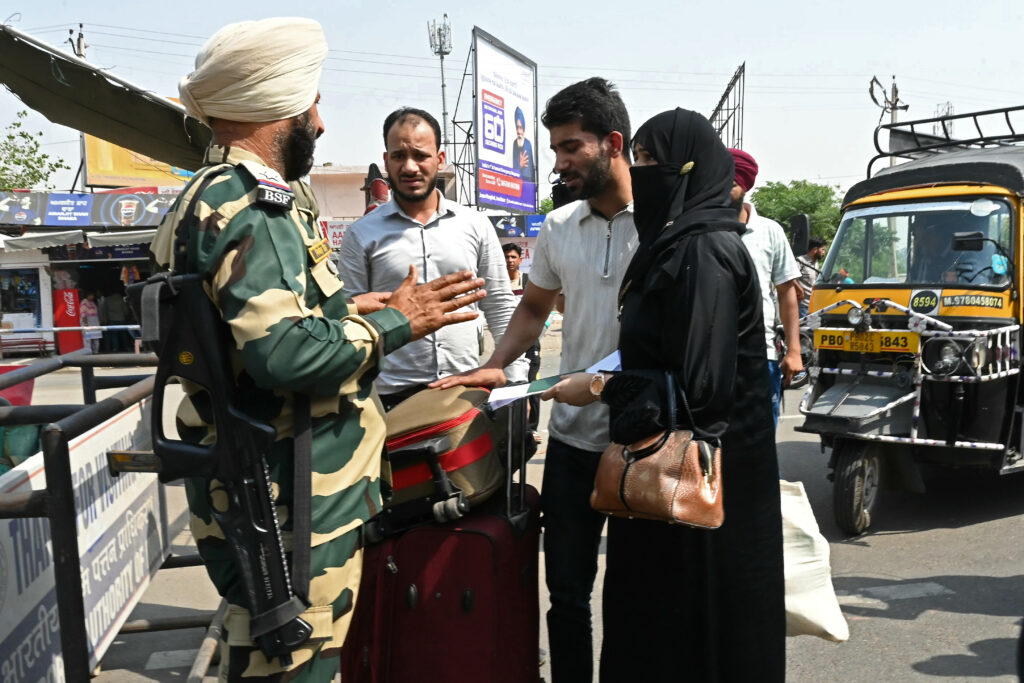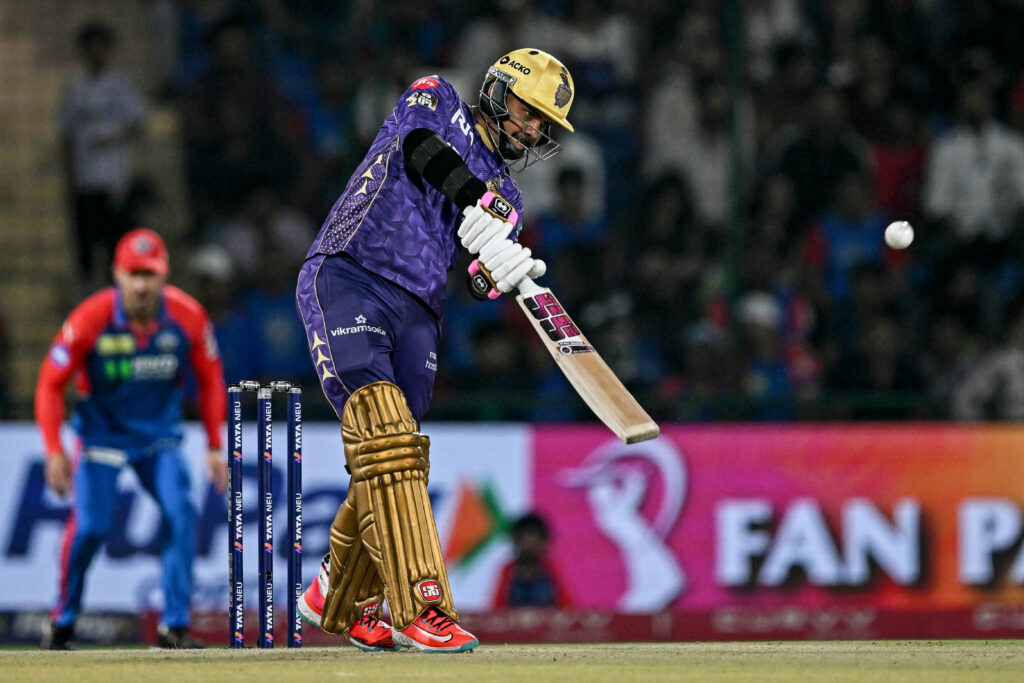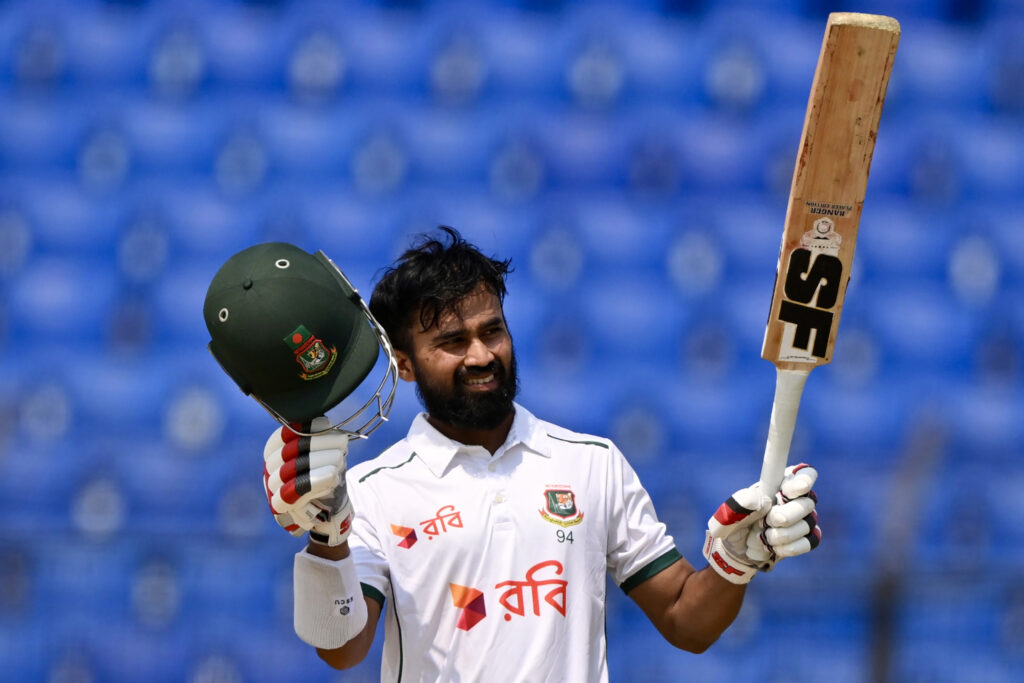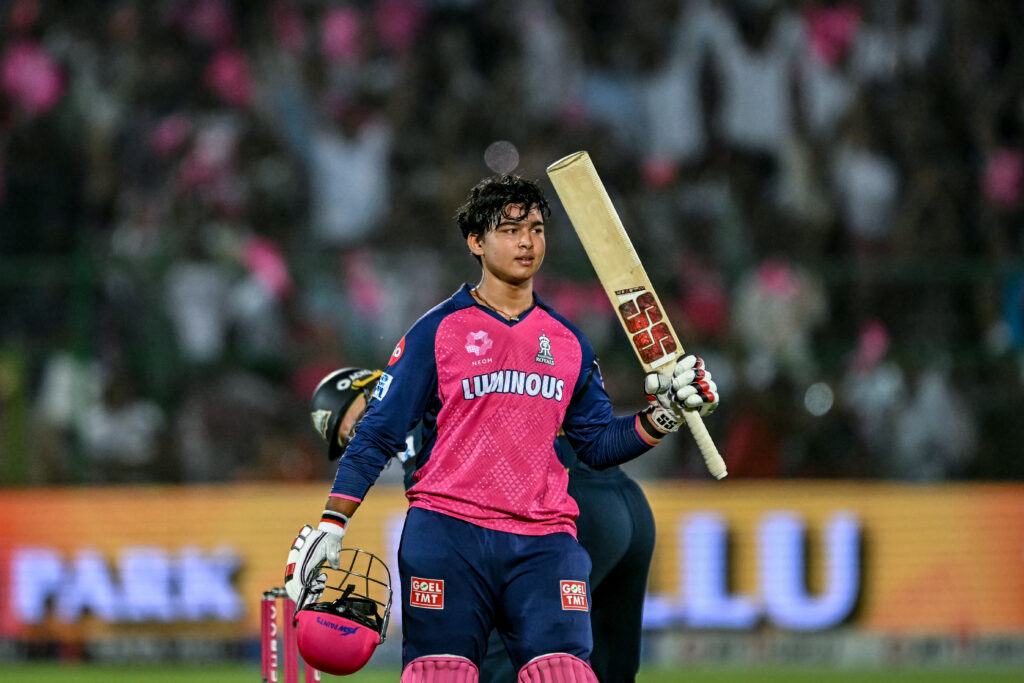India and Pakistan: vast nuclear-armed military forces
Nuclear-armed rivals India and Pakistan have exchanged gunfire across their heavily militarised de facto border in contested Kashmir since an April 22 attack that New Delhi blames on Islamabad, claims it rejects.Troops are facing off along the 770-kilometre (478-mile) fortified Line of Control — the route of a ceasefire line dating back to 1949 — which ranges from icy outposts in high-altitude Himalayan mountains down to greener foothills in the south.India and Pakistan have fought over the Muslim-majority region since their partition at the end of British rule in 1947.Insurgents in Indian-run Kashmir have battled since 1989 seeking independence or a merger with Pakistan.Both countries trade accusations of arming groups in each other’s territory to cause instability.India, a Hindu majority nation with 1.4 billion people, and Pakistan, a Muslim-majority nation with 240 million citizens, both have nuclear weapons, and their militaries are among the largest in the world.Pakistan’s main weapons supplier is China, Islamabad’s closest regional ally, as well getting drones from Turkey.Although India’s military strength is much larger, Pakistani analysts point to Islamabad’s decades of experience fighting insurgencies on its border with Afghanistan.India is the world’s largest arms importer, according to the Stockholm International Peace Research Institute (SIPRI).The bulk of India’s supplies come from Russia. New Delhi has also expanded military suppliers to include the United States, France and Israel, as well as developing its domestic production, including of aircraft carriers, submarines and helicopters.Both sides have boosted their military capabilities since 2019, when India launched air strikes on Pakistan following an attack by a suicide bomber on Indian forces in Kashmir.Here, according to the International Institute for Strategic Studies’ Military Balance database, are their estimated forces.- Pakistan – Military hardware and personnel: Active military: 660,000Paramilitary police: 291,000Defence budget: $10 billion (2025)Nuclear capabilities: Islamabad has both land-based and air-delivered weapons, with medium-, short- and close-range ballistic missiles. Islamabad has sought submarine-launched nuclear-armed cruise missiles.Fixed wing aircraft: 812Rotary-wing (helicopters): 322Armoured fighting vehicles: 6,137Artillery: 4,619- India – Military hardware and personnel: Active military: 1,475,000Paramilitary police: 1,616,000Defence budget: $81 billion (2025)Nuclear capabilities: primarily land-based, but may be able to deliver bombs from the air, and is developing its submarine force. It has intermediate-range ballistic missiles, and are testing an intercontinental-range version.Fixed wing aircraft: 1,437Rotary-wing (helicopters): 995Armoured fighting vehicle: 7,074Artillery: 11,225bb-jma-ecl-pjm/rsc
